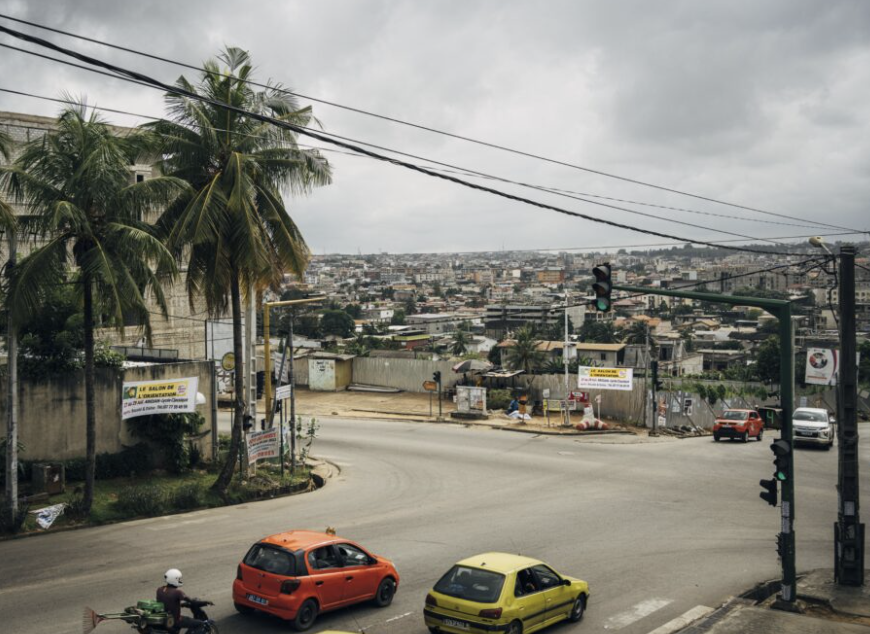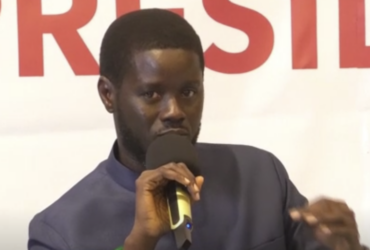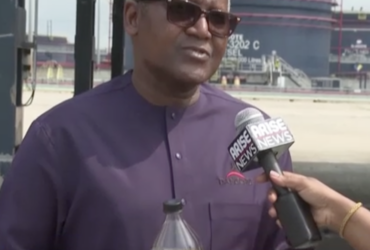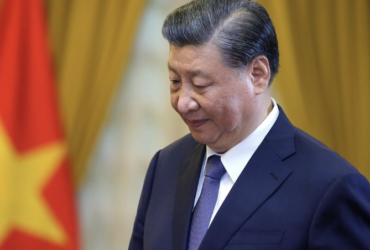African nations are losing up to 5% of their GDP annually as they face a disproportionate impact from climate change compared to the rest of the world, according to a new report released Monday after one of the continent’s hottest years on record.
The World Meteorological Organization (WMO) reported that many African countries are allocating as much as 9% of their budgets to climate adaptation measures.
“Over the past 60 years, Africa has experienced a warming trend that is accelerating faster than the global average,” said WMO Secretary-General Celeste Saulo, highlighting the impact on food security, public health, and peace.
Although Africa contributes less than 10% of global greenhouse gas emissions, it remains the most vulnerable region to extreme weather events such as droughts, floods, and heatwaves, the WMO noted.
The report focused on 2023, which ranks among Africa’s three hottest years on record, and called on African governments to invest in early warning systems and meteorological services. Without adequate measures, up to 118 million Africans could be exposed to droughts, floods, and extreme heat by 2030, the report warned.
In sub-Saharan Africa, the costs of adapting to extreme weather could range between $30-50 billion annually over the next decade, the report estimated.
The impacts of climate change have been devastating. Between September and October 2023, approximately 300,000 people across West Africa were affected by floods, while Zambia faced its worst drought in 40 years, impacting nearly 6 million people.
The trend of extreme weather events in Africa has persisted into 2024, experts noted.
In the Sahel region south of the Sahara, flooding has affected more than 716,000 people this year, according to the United Nations. In Mali, authorities declared a national disaster last week due to floods that have affected 47,000 people since the start of the rainy season.
Earlier this year, West Africa endured an unprecedented heat wave that led to a significant increase in deaths.












Leave a Reply